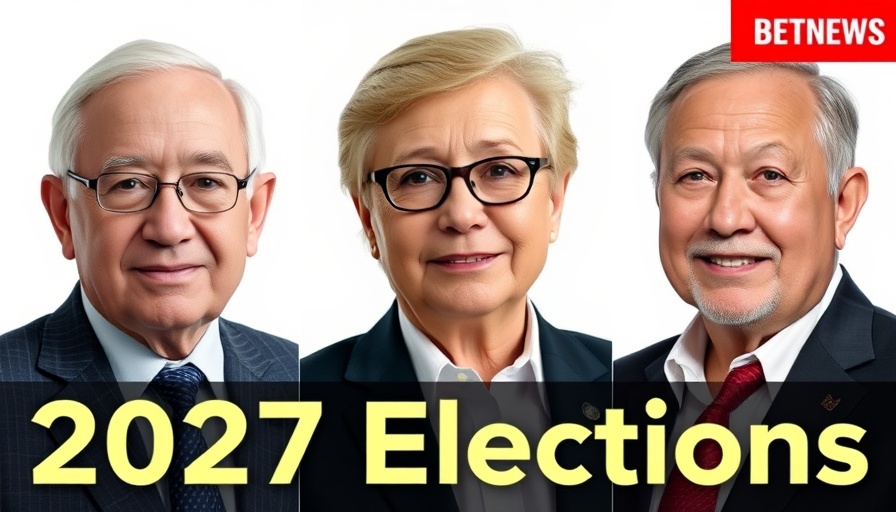
Pardoning Ken Saro-Wiwa: A Symbol of National Healing
Recently, President Bola Ahmed Tinubu made headlines by granting a state pardon to the late Ken Saro-Wiwa and eight others who were executed during Nigeria’s tumultuous military era. This act came nearly 30 years after the controversial executions, which have since been regarded as a poignant symbol of injustice. The decision has stirred a mix of reactions, highlighting the complexities surrounding historical grievances and the quest for national healing. The ceremonial pardon was conferred during a joint session of the National Assembly, a strategic move meant to evoke sentiments of reconciliation within a nation still grappling with its past.
In 'Tinubu Grants State Pardon to Ken Saro-Wiwa and Ogoni Nine,' we delve into the complex emotions surrounding this decision, raising critical questions about justice and governance in Nigeria.
The Rationale Behind the Pardon
Critically, it’s essential to understand why this pardon was granted now. The spokesperson for the Youth Council Worldwide, Bedford Beraf, voiced objections to the use of the term ‘pardon,’ suggesting instead that it should signal a broader apology from the state. This sentiment underscores the belief among many Nigerians that Saro-Wiwa and his colleagues—notably advocating for the rights of the Ogoni people—were unjustly executed for peacefully protesting environmental degradation caused by oil multinational companies in the Niger Delta. Their actions, rather than being grounds for punishment, should be recognized as a rightful quest for justice.
The Call for Justice and Responsibility
Stories of Saro-Wiwa and the Ogoni Nine provoke discussions on reparative actions by the Nigerian government. Bedford emphasized the notion of accountability, suggesting that mere pardons do not absolve the state of its historical transgressions. Instead, he calls for tangible reparations, including the establishment of the University of Environment in Rivers State, initiated by the Tinubu administration, as a step towards correcting past wrongs. Providing educational opportunities rooted in environmental management resonates with Saro-Wiwa's legacy of advocacy for a clean environment.
Wider Implications for Nigeria's Democracy
While acknowledging the importance of this state pardon, critics like Beraf alert us to wider repercussions for Nigeria’s democracy. The recent celebration of Nigeria's 26 years of uninterrupted democratic governance juxtaposed against civil unrest reflects a country still struggling with the multi-layered fabric of justice and accountability. Beraf described Nigeria's democracy as “appalling,” arguing that systemic issues persist. The failure to restore constitutional order, particularly in the case regarding the removal of elected officials in Rivers State, raises questions about the effectiveness of democratic practices.
Lessons from the Past: Towards Sustainable Governance
The narratives surrounding the Ogoni Nine manifest a deep-seated call for a re-evaluation of governance in Nigeria. By recognizing and addressing historical injustices, there exists potential not only for national healing but also for cultivating a more just and equitable society. As Bedford pointed out, advocacy for environmental health and governance must not remain sidelined; instead, addressing these pressing issues should be prioritized by the current administration and future governments.
Looking Ahead: The Future of Governance in Nigeria
The interactions surrounding the pardon of Ken Saro-Wiwa and his comrades embody a critical juncture for Nigeria. Questions persist: How can the government balance its past actions with the demands of an increasingly aware populace? Bedford’s insights remind us that citizens are no longer passive observers but active participants in the democratic process. The path forward should focus on restorative justice and sustainable policies that respect all citizens’ rights and voices—essential for a truly democratic Nigeria.
A Call for Ongoing Engagement
As discussions regarding the pardon continue, they should not end with this singular event. Rather, they should catalyze broader conversations on governance, justice, and accountability in Nigeria. As people engage in discussions around this pivotal moment, it’s imperative to continue holding those in power accountable while advocating for policies that foster a healthier, more equitable society for all.
 Add Row
Add Row  Add
Add 


Write A Comment